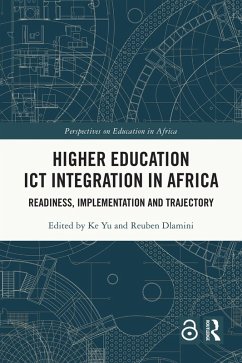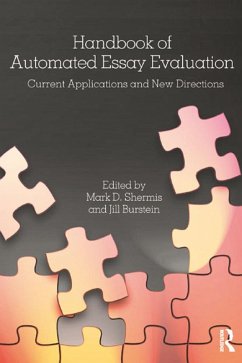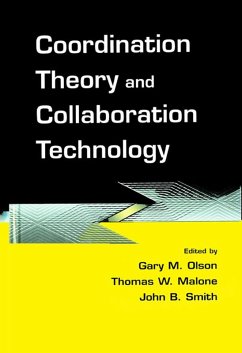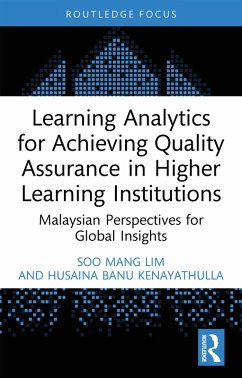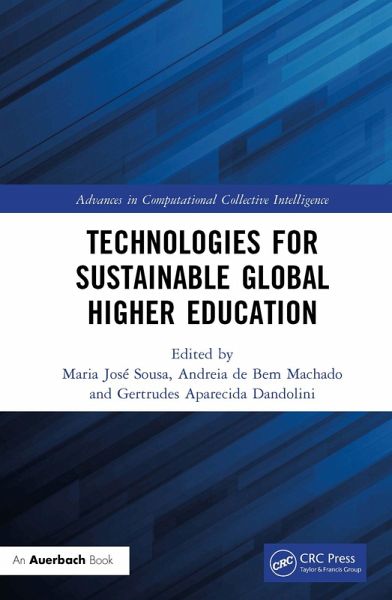
Technologies for Sustainable Global Higher Education (eBook, ePUB)
Versandkostenfrei!
Sofort per Download lieferbar
44,95 €
inkl. MwSt.
Weitere Ausgaben:

PAYBACK Punkte
22 °P sammeln!
Digital technologies are influencing the way we learn, live, work, and exist in different contexts of society in the digital age. There are a variety of learning systems that support innovative digital approaches, and universities and organizations around the world are investing in building their own e-learning platforms. Digital technologies are enabling wider access to education and new markets for student recruitment, resulting in increased income prospects for global higher education institutions. Technology enables numerous data and information sources, which give greater access to inform...
Digital technologies are influencing the way we learn, live, work, and exist in different contexts of society in the digital age. There are a variety of learning systems that support innovative digital approaches, and universities and organizations around the world are investing in building their own e-learning platforms. Digital technologies are enabling wider access to education and new markets for student recruitment, resulting in increased income prospects for global higher education institutions. Technology enables numerous data and information sources, which give greater access to information and data. It also enables highly virtual environments, which impact teaching and the classroom. The widespread use and application of digital technologies in the teaching and learning process provoke pedagogical inquiry and mediation. It is in this context that Technologies for Sustainable Global Higher Education focuses on analyzing the application of digital technologies in the teaching-learning process.
The chapters in this edited collection seek to answer questions relevant to the context of higher education, such as:
This book provides answers to these questions by focusing on issues central to improving education through digital technologies, digital learning, and pedagogical practices in digital education. It also provides case studies of higher education institutions.
The chapters in this edited collection seek to answer questions relevant to the context of higher education, such as:
- What is the concept of digital technologies?
- How is digital technology used to mediate the learning process?
- What technologies are used to qualify education in higher education?
This book provides answers to these questions by focusing on issues central to improving education through digital technologies, digital learning, and pedagogical practices in digital education. It also provides case studies of higher education institutions.
Dieser Download kann aus rechtlichen Gründen nur mit Rechnungsadresse in A, B, BG, CY, CZ, D, DK, EW, E, FIN, F, GR, HR, H, IRL, I, LT, L, LR, M, NL, PL, P, R, S, SLO, SK ausgeliefert werden.






